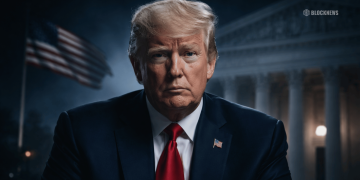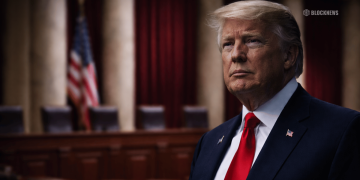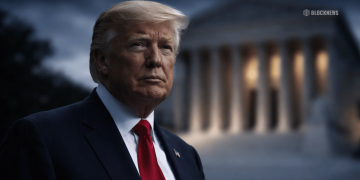- Tennessee’s ELVIS Act aims to safeguard artists’ voices and images from unauthorized AI use.
- The bill, vital for Nashville’s significant music industry, garners strong legislative and community support.
- Testimonies highlight the threat AI poses to music’s authenticity and creators’ rights.
Tennessee’s legislative body has taken a significant step to defend local musicians and artists from the potential misuse of their work by artificial intelligence technologies. On February 13, a key subcommittee gave the green light to a bill designed to prevent AI from using individuals’ voices, images, and likenesses without permission.
Protecting the Heart of Music City
In a world where Nashville shines as a beacon for the music industry, this move is particularly poignant. Known as the ELVIS Act, this legislation was set in motion by Governor Bill Lee and is supported by key figures such as State Senate Majority Leader Jack Johnson and House Majority Leader William Lamberth. The bill is not just a local matter but a statewide initiative, aiming to shield every resident of Tennessee from AI’s potential overreach.
The music scene in Nashville isn’t just about entertainment; it’s a powerhouse contributing billions to the local economy and shaping the cultural landscape. It’s this deep-rooted significance that makes the ELVIS Act a crucial development for those who bring music to life.
Voices Rise in Support
During discussions, influential voices like singer Chrissy Metz and songwriter Jamie Moore shared their concerns about AI’s rapid growth threatening the soul of music. Moore’s passionate argument underscored the deep connection between personal experiences and musical creation, a bond AI could sever with unauthorized and inauthentic reproductions.
The RIAA’s Jessie Richard reinforced the universal nature of the ELVIS Act, emphasizing its role in protecting the personal and creative rights of all Tennesseans. This legislation is seen as an essential update to existing laws, clarifying that AI-generated content without consent is not only unethical but also actionable.
As Tennessee sets a precedent with the ELVIS Act, it sends a clear message about the value of human creativity and the need to defend it against technological encroachments that threaten to dilute the essence of artistic expression.














